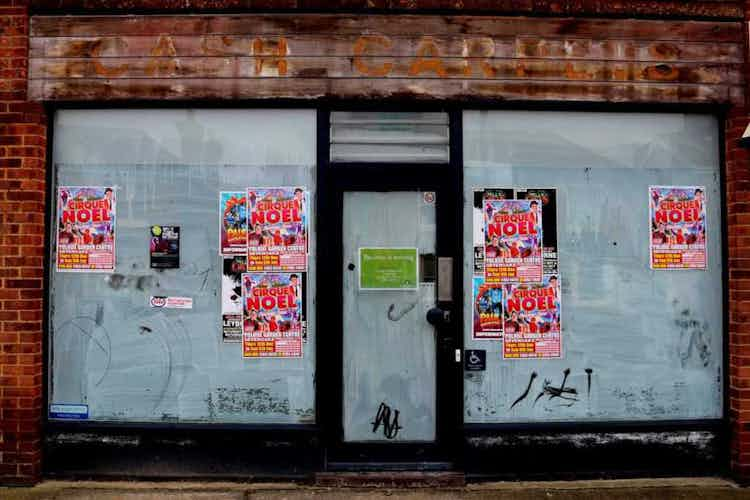The Office for National Statistics’ (ONS) most recent figures reveal UK unemployment rose to 4.5% in the three months to August, with redundancies their highest since 2009.
Deputy national statistician for economic statistics, Jonathan Athow, voiced his concern about the "sharp increase" in the number of people who have been unemployed and searching for jobs since March.
"Overall employment is down about half a million since the pandemic began and there are particular groups who seem to be most affected, young people in particular,” he said.
ONS data shows of the total unemployed population, around 300,000 are between the age of 16-24 years, representing 60% of the fall in employment. The hospitality sector saw the biggest hit, followed by travel and recruitment.
The imminent ending of the government Furlough Support Scheme is likely to drive these numbers even higher, notwithstanding the Job Support Scheme set to replace it. Many have criticised the latter for being far less generous and placing the majority of the burden of workers’ wages on employers. Given that the economic situation of hundreds of thousands of employers is far from stabilised, this is likely to lead to a tidal wave of unemployment in the coming winter months.
Additional pressure is expected to be placed on businesses in struggling sectors like hospitality when the latest COVID-19 restrictions come into place. On Monday, Prime Minister Boris Johnson announced a tiered system of restrictions that will see bars, pubs, and other hospitality businesses close in some of the most infectious areas in the country.
While Chancellor Rishi Sunak was clear from the beginning that not every job could be saved, he said the government was planning on introducing measures that would keep people engaged with the job market through opportunities for apprenticeships and vocational training. Though trade associations have welcomed this move, they said they still fall short of protecting people from the economic fallout of the pandemic.
"Wage replacement should be 80% for businesses who have to shut," said the general secretary of the TUC, Frances O'Grady. "We need a more generous short-time working scheme for firms which aren't required to close but will be hit by stricter local restrictions. And self-employed people in local lockdown areas need help too."
Analysts from Citibank estimate that at its current pace, the unemployment rate could climb as high as 8.5% by the beginning of 2021, which would be the highest since the early 1990s. Additional government measures will need to be considered to stem this worrisome rise.







